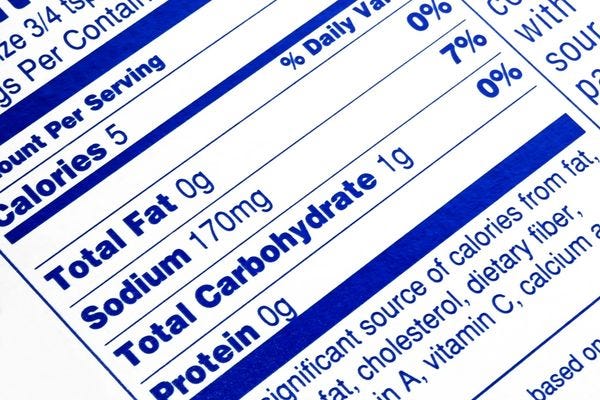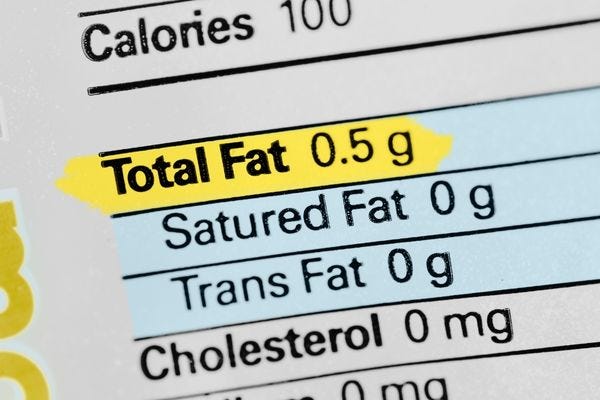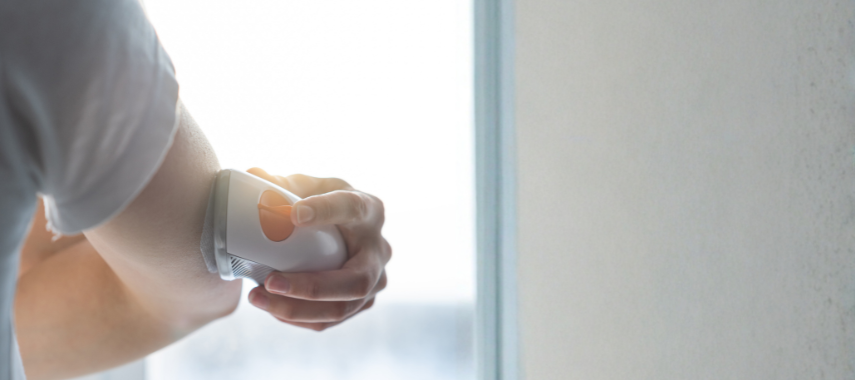This piece has been medically reviewed by Rich Marlar, MD, Medical Advisor to Aeroflow Diabetes.
The holiday season is a time of joy, gratitude, and indulgence! But for those living with diabetes, the idea of holiday feasts can be daunting. If you have diabetes, you might be wondering how you can enjoy holiday foods while keeping your blood sugar levels in check.
Read which foods you should be cautious of during the holidays and discover healthier swaps you can make to stay healthy.
How Blood Sugar Works
The food you eat changes your blood sugar levels. This is especially important to know if you have diabetes. When you eat food, the carbohydrates are broken down into glucose (sugar) that enters your bloodstream. Insulin then moves the sugar into your cells, and your body uses those sugars for energy. If they don’t need to be used, they are stored for later.If you have too much sugar in your system, your blood sugar levels will rise. When you have diabetes, you either don’t have enough insulin to move the sugars into your cells or your body doesn’t use the insulin correctly.
Your blood sugar may rise when you:
- Experience stress.
- Have hormone changes.
- Eat foods with more carbohydrates than recommended.
- Don’t get regular physical activity.
Let’s break down each ingredient in food that may affect your blood sugar.
Sugar & Carbohydrates
Carbohydrates are one of the main ingredients found in food. There are 3 types of carbs: Sugars, starches, and fiber. Your body breaks down carbs into glucose which is either used for energy or stored for later use. It’s recommended that you get no more than 45%-65% of your daily calories from carbs.
Sugars are actually a type of carbohydrates. If most of the carbs are from sugar (per the nutrition label), these are considered higher glycemic index foods.


Saturated Fats
Saturated fats are found in lots of foods, but high levels are found in animal products like meats and dairy. Saturated fats can raise bad cholesterol which is associated with an increased risk of heart attack and stroke. The American Heart Association recommends that you only have 5%-6% of your calories from saturated fats.
Sodium
Sodium is a mineral that’s found in foods like pizza, sandwiches, processed meats, snacks, dressings, canned vegetables, and soups. While sodium is important for bodily functions, too much of it can raise blood pressure and harm your kidneys and heart. High sodium intake can raise blood pressure, and hypertension is quite common in patients with diabetes. The American Heart Association recommends limiting sodium intake to less than 2,300mg per day, but ideally, you should have less than 1,500mg per day, especially if you have high blood pressure.


Holiday Foods to Avoid


Ham
This main dish contains a high amount of saturated fat and a high amount of sodium which can raise blood pressure.


Sweet Potato Casserole
Sweet potatoes are great on their own, but most of the time at holiday parties, you’ll see something like sweet potato casserole. It’s best to avoid this dish because it has lots of sugar, saturated fat, and sodium.


Mashed Potatoes
This side dish usually comes mixed with some form of high-fat dairy, like milk, buttermilk, or butter. The sodium levels and carbs may make your blood sugar or blood pressure spike.


Cranberry Sauce
While there aren’t any saturated fats in cranberry sauce, it is extremely high in carbohydrates and sugar which can both certainly raise blood sugar.


Pumpkin Pie
Many holiday desserts are going to be high in saturated fat, cholesterol, and sodium, and pumpkin pie is high in all three.


Baked Beans
Baked beans- especially canned baked beans- have lots of added sugars and salt- almost 1,000mg of sodium per cup!


White Rolls
White grains contain simple sugars which means they are broken down quickly by your body causing a spike in you blood glucose.


Macaroni and Cheese
Macaroni and cheese is high in sodium, and pastas in general are high in carbohydrates.
Healthy Holiday Food Swaps
Try eating these healthy dishes at holiday parties to keep your blood sugar levels in check.
- Low-starch veggies.
- Nuts
- Whole grains.
- Turkey, fish, or chicken.
Tips for Enjoying the Holidays With Diabetes
- Keep exercising. Physical activity is a great way to keep yourself healthy and should be a part of your diabetes management plan. While it can be difficult to find time for exercise (let alone yourself!) during this time of year, it’s important to continue physical activity during this time. Working out can help with overeating and lower your stress levels.
- Have a plan. Holiday meals can be full of tempting foods that may spike your blood sugar, so arrive at holiday gatherings with a plan. This might mean cooking a dish you know you can enjoy and offering it to other guests, or packing your own snacks. Meal plan beforehand and pack healthy options that are easy to store in to-go containers, like turkey breast, nuts, or roasted veggies.
- Think about portion control. Big meals filled with carbohydrate-rich foods can alter your blood glucose levels, so when mealtime rolls around, keep an eye on the portions you choose. Stick to portion sizes you normally eat outside of holiday parties, or simply eat smaller portions of the foods you know will increase your blood sugar.
- Don’t completely limit yourself! The holidays are about enjoyment, so give yourself a little wiggle room. If you want to have a sweet treat or item that’s high in carbs, allow yourself to indulge! Just remember to offset your choice with something healthier, and don’t forget to monitor your blood sugar.
- Watch your blood sugar levels. Monitor your blood glucose levels throughout your holiday gatherings easily with a continuous glucose monitor (CGM). CGMs allow you to check your blood sugar levels at any time in mere seconds, just by opening up your phone! If you have type 1 or type 2 diabetes, you may be able to save money on your CGM with your Medicare plan and Aeroflow Diabetes. We offer some of the highest-performing CGMs on the market, including the FreeStyle Libre 3 System and the Dexcom G7.
To see if you qualify for a CGM with us, complete our secure Eligibility Form. We don’t share your information with anyone, and you’ll find out if you’re eligible within 1-2 business days. We’ll even reach out to your healthcare provider for a prescription for your CGM. We’ll also ship your CGM supplies right to your door for free! Find out if you qualify in time for your next holiday party so you’ll have your CGM by your side to help determine if you can, in fact, eat that extra piece of pie!
American Heart Association. (2021, November 1). Saturated Fat. Www.heart.org. https://www.heart.org/en/healthy-living/healthy-eating/eat-smart/fats/saturated-fats
Sugar in Moderation for a Healthy Diet | Sugar.org. (n.d.). Www.sugar.org. Retrieved December 6, 2022, from https://www.sugar.org/diet/diet-sugar-in-moderation/
MedlinePlus. (2022, January 17). Carbohydrates. Medlineplus.gov; National Library of Medicine. https://medlineplus.gov/carbohydrates.html
Information provided on the Aeroflow Diabetes website is not intended as a substitute for medical advice or care from a healthcare professional. Aeroflow recommends consulting your healthcare provider if you are experiencing medical issues relating to diabetes care.









